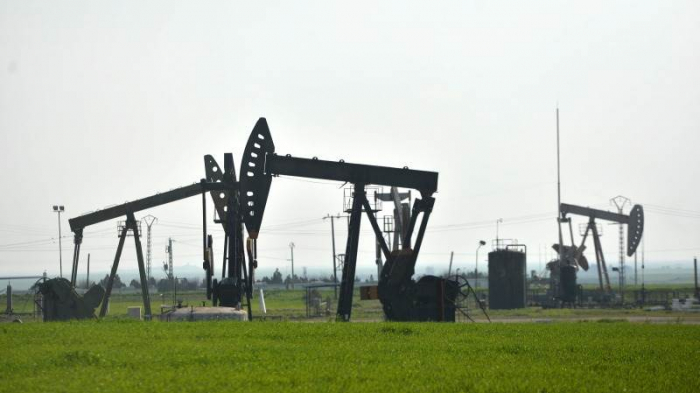U.S. West Texas Intermediate (WTI) crude futures rose 50 cents, or 0.7%, to $71.62 a barrel at 0235 GMT after jumping 3.7% on Tuesday.
Brent crude futures rose 44 cents, or 0.6%, to $74.42 a barrel after gaining 3.4% on Tuesday.
Oil prices typically move inversely to the U.S. dollar, with a weaker greenback making commodities cheaper for those holding other currencies.
Meanwhile a senior Chinese state planning official said on Wednesday Beijing would work to aid economic growth, including stepping up government spending, strengthening support to manufacturers and stabilising industry supply chains.
The country, the world's biggest oil importer, would "strive to stabilise economic operations in the first quarter, the first half and even the whole year," the official told Xinhua News Agency.
Meanwhile, some governments are trying to hold off imposing new pandemic curbs to slow the spread of the Omicron coronavirus variant, including in Britain and Australia, which should help support fuel demand.
British Prime Minister Boris Johnson said he would not introduce new COVID-19 restrictions before Christmas, but said the government may need to take steps afterwards.
In Australia, Prime Minister Scott Morrison on Wednesday ruled out lockdowns and instead urged people to get booster shots to protect themselves even as the country hit a pandemic high of more than 5,000 new infections.











-1747837442.jpg&h=190&w=280&zc=1&q=100)




































